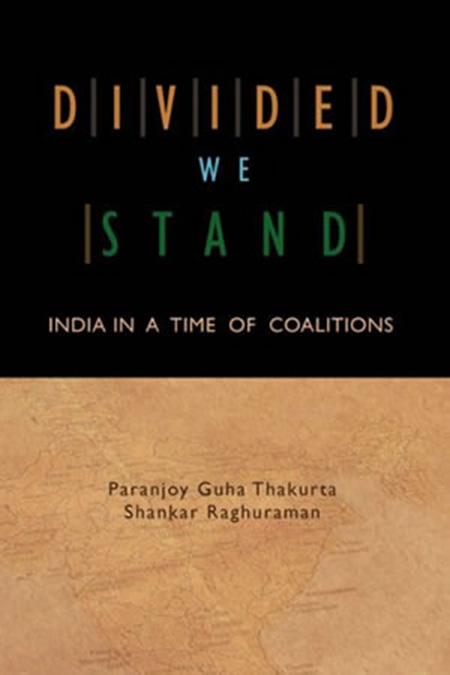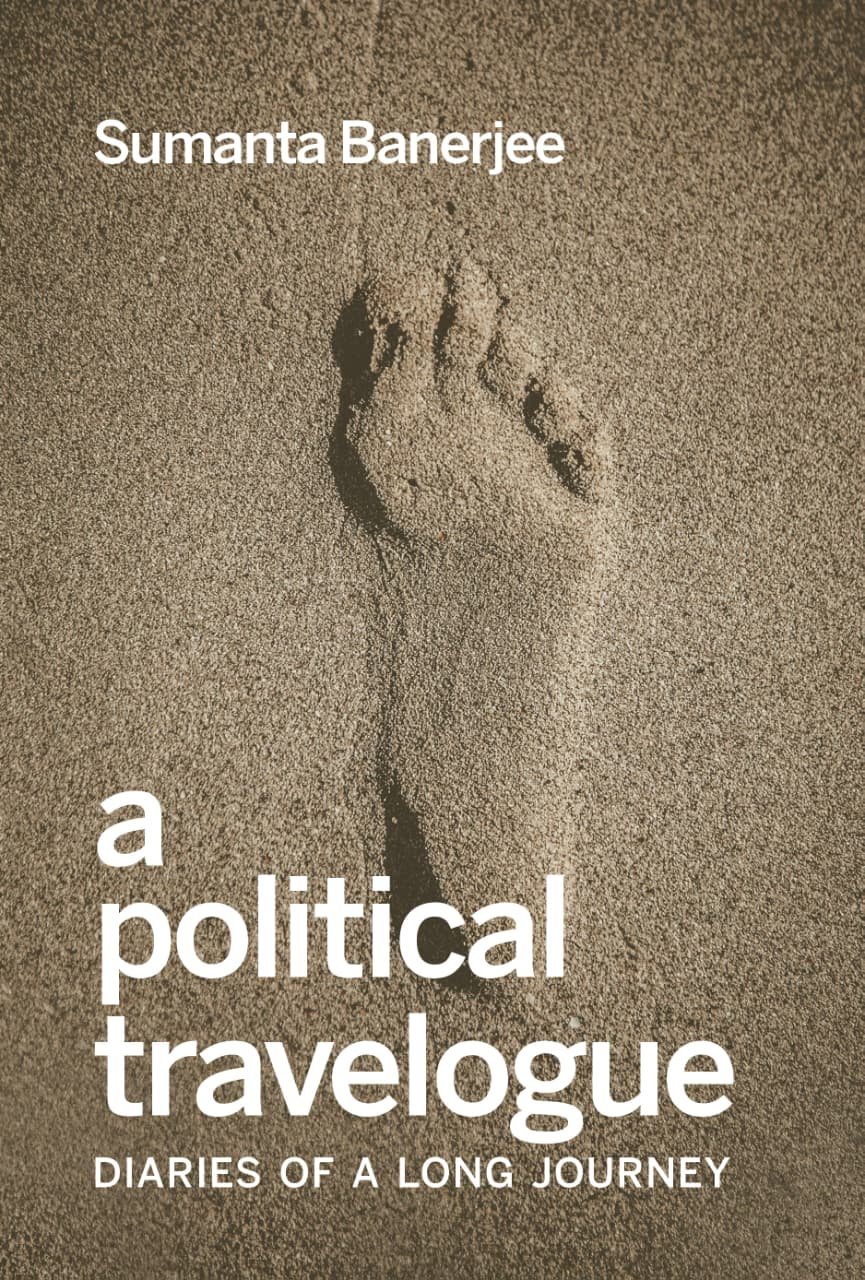Who was primarily responsible for the fiasco in the Unit Trust of India that led to the June 2001 freeze on transactions in the Unit Scheme of 1964 (US-64), the country's oldest and largest mutual fund?
Was it the then Chairman of the UTI P S Subramanyam? Was it the secretary in the ministry of finance at that time, Ajit Kumar? Or his junior in the ministry, Jaimini Bhagwati, joint secretary, capital markets?
Or was it the then Union finance minister Yashwant Sinha who is now the country's external affairs minister?
Sinha and Kumar have both sought to hold Subramanyam responsible for the US-64 fiasco. Predictably, Subramanyam would like the world to believe that he is being made a scapegoat for the errors of omission of his predecessors (former chairmen of the UTI) as well as his bureaucratic and political masters (namely, Sinha, Kumar, Bhagwati and company).
The draft report of the Joint Parliamentary Committee inquiring into last year's stock market scandal recently criticised the former finance secretary for his 'casual' approach, a charge that Kumar is now denying.
In the opinion of this columnist, the person who is most responsible for the mess in the UTI is former finance minister Sinha. As head of the finance ministry, he was 'constructively' and 'morally' responsible for the mess in India's biggest mutual funds organisation.
Since most important documents pertaining to this episode are now in the public domain (copies of the draft report of the JPC have been circulated among the 30 Members of Parliament) and all important players in the episode, barring Sinha, have already deposed before the panel of MPs, it would be instructive to go back in time and reconstruct the sequence of events as they had taken place.
On May 18, 2001, Subramanyam wrote a letter to Ajit Kumar in which he gave no indication of an impending crisis in US-64. On the contrary, the letter was highly optimistic about the capacity of the UTI to make all necessary payments and indicated a net asset value of the US-64 of Rs 9.50 per unit with a face value of Rs 10.
This letter from the UTI chief stated that on the basis of likely movements in stock market indices, the US-64 would be able to declare a dividend of 12 per cent and after payment of dividend, the NAV of the scheme would be Rs 10 by the end of June 2001.
Subsequent events showed that Subramanyam had been unduly optimistic in expecting stock prices to price. As a matter of fact, the markets slumped and there were massive redemptions from the scheme from April onwards, culminating towards the end of May.
The rush to redeem holdings of US-64 was led by nationalised banks like the State Bank of India. Significantly, a representative of the SBI serves on the board of trustees of the UTI.
It transpires that Subramanyam met Jaimini Bhagwati, joint secretary, capital markets, in the ministry of finance on Friday 29 June.
Bhagwati told the JPC that this meeting was 'informal' since the former UTI chief had not sought a prior appointment with him.
Hence, Bhagwati claimed that the advice he gave Subramanyam was in his 'individual' capacity since the latter had not sought 'formal clearance of any sort or any formal reaction from the government…'
On Saturday, June 30, the former UTI chairman wrote another letter to the then finance secretary Kumar. The tone of this letter - a copy of which was sent to the then chief economic adviser to the finance minister Dr Rakesh Mohan - was completely different from the previous one.
Both Kumar and Mohan received this letter late in the evening at their respective residences since their offices in North Block were closed that Saturday.
In his second letter, Subramanyam stated that the UTI's total reserves position had turned negative due to a sharp depreciation in the value of the equity portfolio of the US-64.
He said the trust had the option of making the scheme NAV-based or to recommend a temporary suspension of sales and repurchases.
He added that the second option would be recommended to the board of trustees of the UTI at a meeting scheduled to take place in New Delhi the following Monday, that is, on July 2, 2001.
The draft report of the JPC has been sharply critical of Ajit Kumar for not disclosing the contents of this letter to finance minister Sinha till the morning of Monday, July 2.
According to the draft report, Kumar 'considered the problem in a routine and casual manner which is not expected from an officer of his rank.'
The report stated that Subramanyam's second letter 'quite obviously' contained 'a very important piece of news and the finance secretary should have reacted immediately.'
In its draft report, the JPC argued that Kumar should have consulted his minister and other officials and 'tried to evolve methods to avoid a redemption crisis' in US-64.
It now appears that Kumar has taken considerable umbrage at what has been written against him in the draft report of the JPC. On July 26 this year, he wrote a letter to the JPC Chairman Lt. Gen (retired) Prakash Mani Tripathi (who happens to be an MP belonging to the Bharatiya Janata Party) saying he was 'shocked and greatly perturbed' to read news reports about what had been written about him in the draft report.
Kumar wrote: "You are conversant with the manner in which the UTI has been mismanaged over the years and the government had once before used taxpayers' money - a sacred trust - to bail out the UTI. You are also aware that since 1997 the government had withdrawn its nominee from the UTI board, adopting a hands-off attitude towards the mutual fund."
The former finance secretary then vented his ire against Subramanyam for 'sneaking' in letters into the residences of officers of the finance ministry 'late in the evening on a holiday, only 48 hours before the most important board meeting….'
Kumar further alleged that Subramanyam deliberately convened the July 2, 2001 meeting of the board of trustees of the UTI in New Delhi instead of Mumbai (where the UTI is headquartered) 'with a ulterior motive,' namely, that "having unscrupulously eroded the value of investors' money, (the UTI) was looking for another bailout from the government."
Whereas Ajit Kumar's latest letter has given a new twist to the ongoing and unresolved controversy, what cannot also be denied is the fact that the Union finance ministry did subsequently have to bail out not just the US-64, but other UTI schemes as well.
Let us now come to what Subramanyam told the JPC as has been stated in the committee's draft report. When the former UTI chairman met the then finance minister Yashwant Sinha at 10.30 a.m. on the morning of July 2, 2001, a little while before the UTI board of trustees met and decided to freeze transactions in US-64, Sinha advised Subramanyam to go ahead with the board meeting.
Subramanyam told the JPC that 'neither did the finance minister dispute nor did he endorse what was informed to him and the impression he got was that in the finance minister's view, the decision was left to the board (of trustees of the UTI),' the draft report has stated.
Consider at this juncture what has not been stated in the draft report of the JPC. At around 2 a.m. in the early hours of Wednesday, July 4, 2001, after a late-night meeting of the Cabinet, Subramanyam was rudely summoned from his residence in Mumbai and asked to fax his resignation letter to the finance ministry in New Delhi.
Later that month, the former UTI chairman was arrested by the Central Bureau of Investigation for his alleged involvement in investing some Rs 30 crore (Rs 300 million) belonging to the UTI in a private firm called Cyberspace Infosys.
This obscure company had been promoted by the Lucknow-based Johari brothers, one of whom spent more than ten months in jail on charges of fraud.
On July 9, after Subramanyam had been sacked, Yashwant Sinha told a media conference in New Delhi: "I'm telling you with full sense of responsibility that the ministry of finance was not taken into confidence about the freeze on the sale and repurchase of US-64. Vital facts were not shared with the Ministry, neither by the board nor the chairman of UTI."
The authenticity of this claim made by Sinha in front of many journalists is now being questioned. A group of Opposition MPs in the JPC wrote to committee chairman Tripathi on July 26 urging him to summon the former finance minister to appear before the panel.
It may be recalled that Sinha had taken an active role in grilling his predecessor, Dr Manmohan Singh, Finance Minister in the P V Narasimha Rao government, when he appeared before the earlier JPC that had inquired into the 1992 financial scandal.
Whether or not the JPC summons Sinha to appear before it remains to be seen.
There are two small bits of information that are perhaps connected to this episode only tangentially, but nevertheless worth repeating.
After Subramanyam had been sacked and arrested, Union Defence Minister George Fernandes had remarked that he had been the 'nominee' of Tamil Nadu Chief Minister J Jayalalithaa when he was appointed as UTI chief. This was also a time when Jayalalithaa was part of the National Democratic Alliance government.
When Sinha was asked to officially comment on Fernandes' remarks, he blandly stated that Subramanyam's appointment had been made following proper procedures and had been formally approved by the Appointments Committee of the Cabinet - a statement that does not reveal very much.
As for Ajit Kumar, who served as finance secretary for roughly one year between November 2000 and November 2001, it has been widely speculated in the media that the 1964 batch IAS officer was appointed to his post in North Block as a 'reward' for having helped the government, in general, and Fernandes, in particular, remove Admiral Vishnu Bhagwat as chief of the Indian Navy.
It has been claimed that Kumar was not really the official Sinha wanted to head his ministry. Still, he acceded to the wishes of his seniors in the government.
Could that be a reason why Sinha may not stand behind Kumar as the blame game for the UTI fiasco continues?


